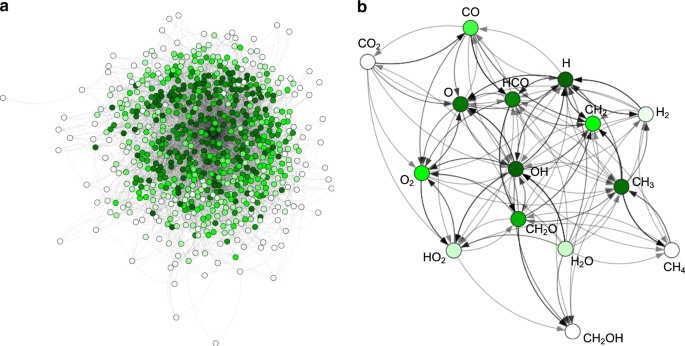

He carried out a design project of a formaldehyde plant with Dynea in Lillestrøm, Norway. Alexander has worked in distillation process design and simulation. in Chemical Engineering from National University of Colombia and is currently carrying out his master in Chemical Engineering at NTNU. He is registered as an Engineer-in-Training in Alberta.Īlexander Leguizamón is a graduate student at Norwegian University of Science and Technology (NTNU). His interests include process design, pilot plant, produced water treatment, and upgrading of heavy oil. García has worked as a Process Engineer for BRINSA S.A., a salt and chlor-alkali Company in Colombia, and has been responsible for the design and commissioning of pilot scale reactors for heavy oil upgrading at the University of Alberta. degrees in Chemical Engineering from the National University of Colombia (2010) and the University of Alberta (2013), respectively. Garcia Zapata is a Researcher with the Heavy Oil and Oilsands group at Alberta Innovates Technology Futures (AITF) in Edmonton, Canada. His interests include process design, process simulation, gas processing, relief systems, and upgrading of gas plants. Guevara works as process engineer in Y&V - Bohorquez Ingeniería SAS in Colombia. Ptual, Basic and Detailed engineering for oil & gas industry. He is a process engineer with experience developing Conce in Chemical Engineering from National University of Colombia. His research interests include biofuels, with emphasis on fuel ethanol and the use of extractive distillation to dehydrate mixtures ethanol-water modeling, simulation and control of reaction and separation operations nonlinear geometric control and vapor liquid equilibrium. Gil is co-author of several publications in peer review journals on process design and control. In addition, he presents some short courses in advanced process control and process synthesis and optimization. Currently, he teaches university courses in modeling and simulation, process control, reaction engineering and process design. He was also instructor at Andes University in Colombia. Gil has participated in some industrial projects in the area of process design and control mainly he has collaborated with representatives of Aspen Technology in Colombia in advanced process control applications. in Chemical Engineering at University of Lorraine (France) and National University of Colombia (under joint supervision). and MSc degrees from National University of Colombia. Gil is a Professor of Chemical Engineering at the Department of Chemical and Environmental Engineering at National University of Colombia – Sede Bogotá.
Chemical process simulation degree software#
In order to properly assess such achievement the examination is composed of an exercise in which students should independently solve a problem, by means of the software tool taught, producing a file with the results and a short report.Dr.

This is based on an analytical assessment of the "expected learning outcomes" described above.

Some lectures about theoreticalīackground aspects are also included whenĪchievements will be assessed by the means of a final exam. The analysis of examples solved with the aid of a commercial Most of the course will be taught through

"Plantwide dynamic simulations in chemical processingĪnd control" Dekker, NY, 2002 Teaching methods
Chemical process simulation degree full#
Releases (from pressure relief devices, full bore rupture of Use of dynamic simulation for the evaluation of time-varying Implementation and analysis of different control strategies: Observation and understanding of various simple feed-back Providing the correct number of independent dynamic The basics of pressure-flow relationship and the resulting degrees Switching from steady state to dynamic simulation, understanding Steady-state process simulation (a unit within the course of Process Analysis for Energy and Environment covers this topic).īasic knowledge of basic Feedback control loops and of the effect of tuning parameter on the dynamic response of the system.įluent spoken and written English is a necessary pre-requisite: all lectures and tutorials, and all study material will be in English. Certificates and requests for duplicatesĪt the end of the course the student has skills on the static and dynamic simulation of chemical processes.Libraries, digital resources and study rooms.Services and opportunities Open submenu.International staff, professors and researchers.European Projects of Education and Training.International networks and associations.Post-graduate vocational training programmes.


 0 kommentar(er)
0 kommentar(er)
